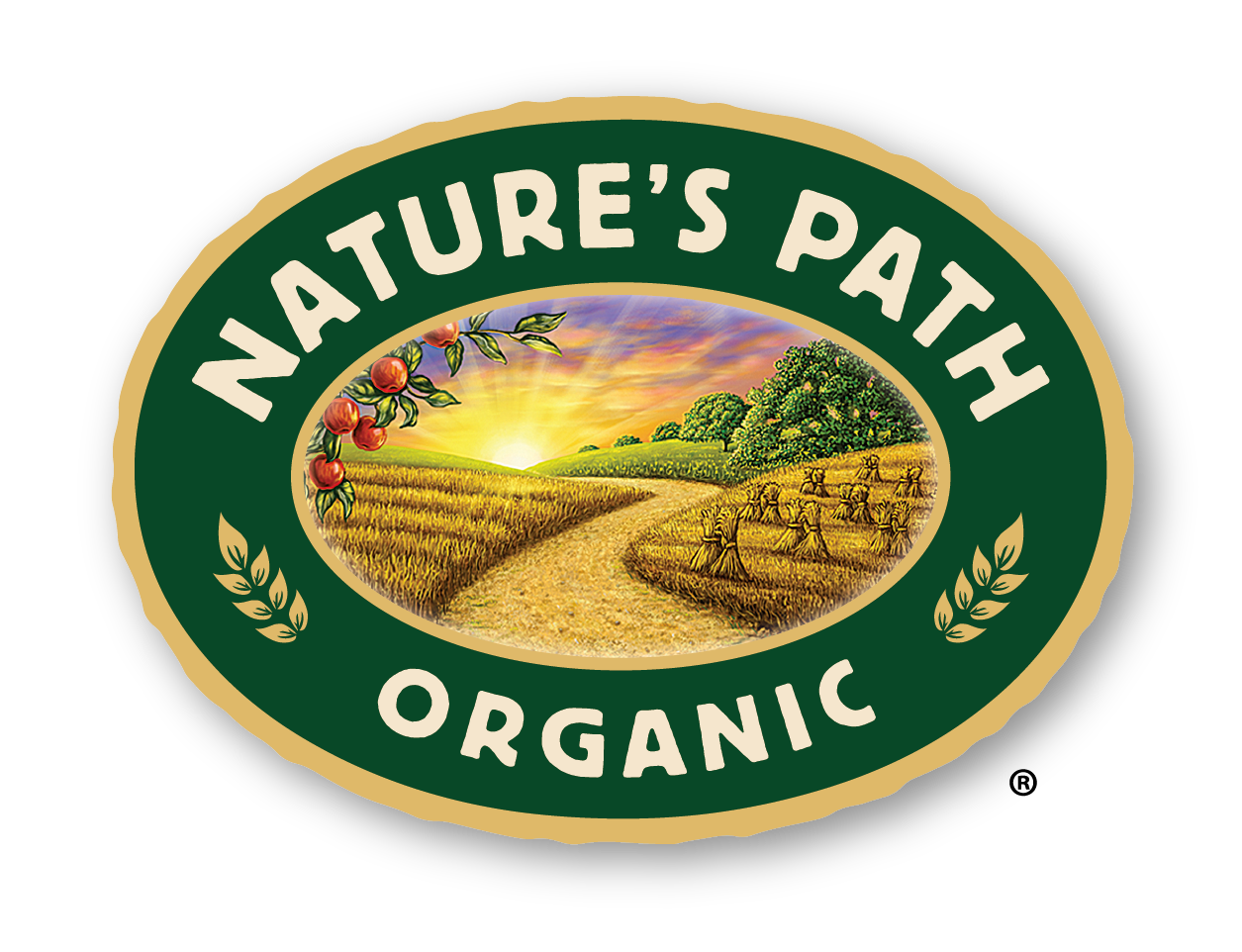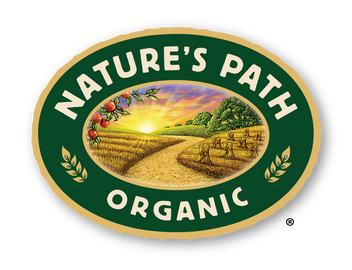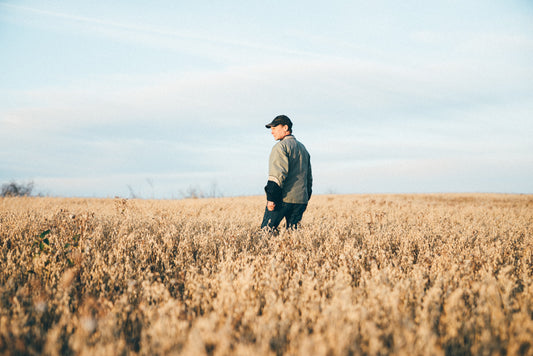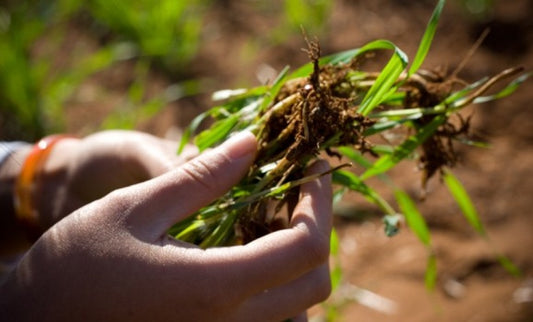What is Zero Waste?
Zero Waste isn’t as simple as saying “I don’t throw anything in the garbage”. It is a way of thinking that looks at the broader system of how we make and use material. The Zero Waste International Alliance (ZWIA) defines Zero Waste as a goal to change lifestyles and practices to better emulate natural cycles. In nature, one organism’s waste is another one’s food, and resources are used and reused until every scrap of energy possible is extracted. ZWIA elaborates that Zero Waste is best defined as designing and managing products and processes to avoid the volume and toxicity of waste and materials, conserve and recover all resources, and not burn or bury them. The US Zero Waste Business Alliance defines businesses and communities that achieve over 90% diversion of waste from landfills, incinerators and the environment as considered to be successful in achieving Zero Waste. We have all heard of the 3R’s – Reduce, Reuse and Recycle. Zero waste goes beyond just asking “Can I recycle this?” It makes the case that the questions we should be asking are broader “What did I use this thing for? Do I really need it? Could I use it in a different way or use a different material that would be better suited? Instead of throwing it away, is there a better use for the material?” A Zero Waste system has the 5 R’s - Rethink, Refuse, Reduce, Reuse and Recycle.Where to start?
For most things, the easiest place to start is in your own home. In terms of waste, one of the biggest places most of us can start is looking at food waste. The average household in the US throws out about 215kg of food each year. In Canada, the David Suzuki Foundation estimates that one in four produce items purchased get thrown in the garbage. On top of that, due to our picky standards for fruits and veggies, over 30% (some estimates peg it at 50%) of fruits and vegetables harvested are discarded before even making it to the store because they don’t meet appearance standards. First, focus on properly storing food, and not purchasing more then you need. Second, consider the packaging the food you purchase is contained in when you make your purchases. Is it recyclable? Can you buy the same items, but with less packaging (or none at all)?What is Nature’s Path Doing about Zero Waste?
Nature’s Path has always been invested in sustainability and in 2014 it set the goal of becoming a Zero Waste Company. In April 2016 it earned Zero Waste gold certification with the U.S. Zero Waste Business Council for two of its three manufacturing plants and in April 2017 it earned the Zero Waste certification for the third of its manufacturing plants. In February 2017 Nature's Path joined How2Recycle, a standardized labeling system designed to clearly communicate product- and package-specific recycling instructions to consumers.What else can you do to help?
- Encourage companies you do business with to pursue Zero Waste certification, use less packaging, create packaging and products that last a long time and that can be refurbished or recycled easily, and to communicate clearly how to return or recycle products when you are finished with them.
- Read the labels – make sure that if you do recycle something, you are putting it in the right bin. Also, a lot of household items are actually recyclable. Depending on your state or province, major appliances and electronics, batteries, old paint, oil and building materials can be recycled and diverted from the landfill. Do your research, call or go online to contact your municipal waste services and find out there. A good clue is your receipts! If you paid an “environmental tax” or “recycling deposit” when you purchased it, then somebody recycles it!
- Bring your own reusable cups and cutlery with you. Every year, over 25 billion Styrofoam cups are thrown away in the US. Sign the “Carry your cup” pledge online, and commit to using reusable coffee cups.
- Vote for representatives that support responsible resource management and keep in touch with your representatives! Write, call, e-mail, or stop by and talk to them in person if you can to tell them why Zero Waste and responsible resource management and legislation that supports it, matter to you.
Would you like to be the first to hear about our new products and more? Sign up for our Nature’s Path Newsletter.








